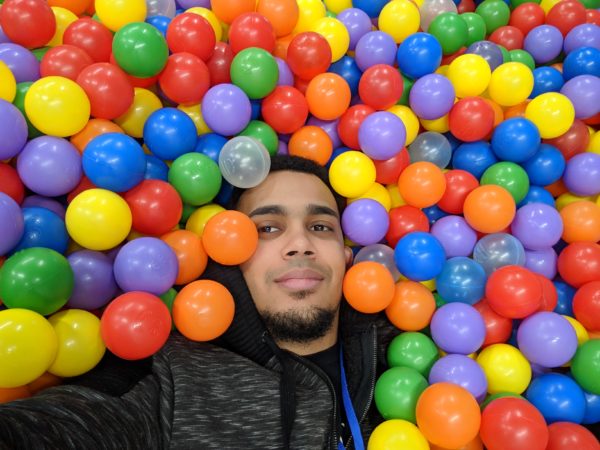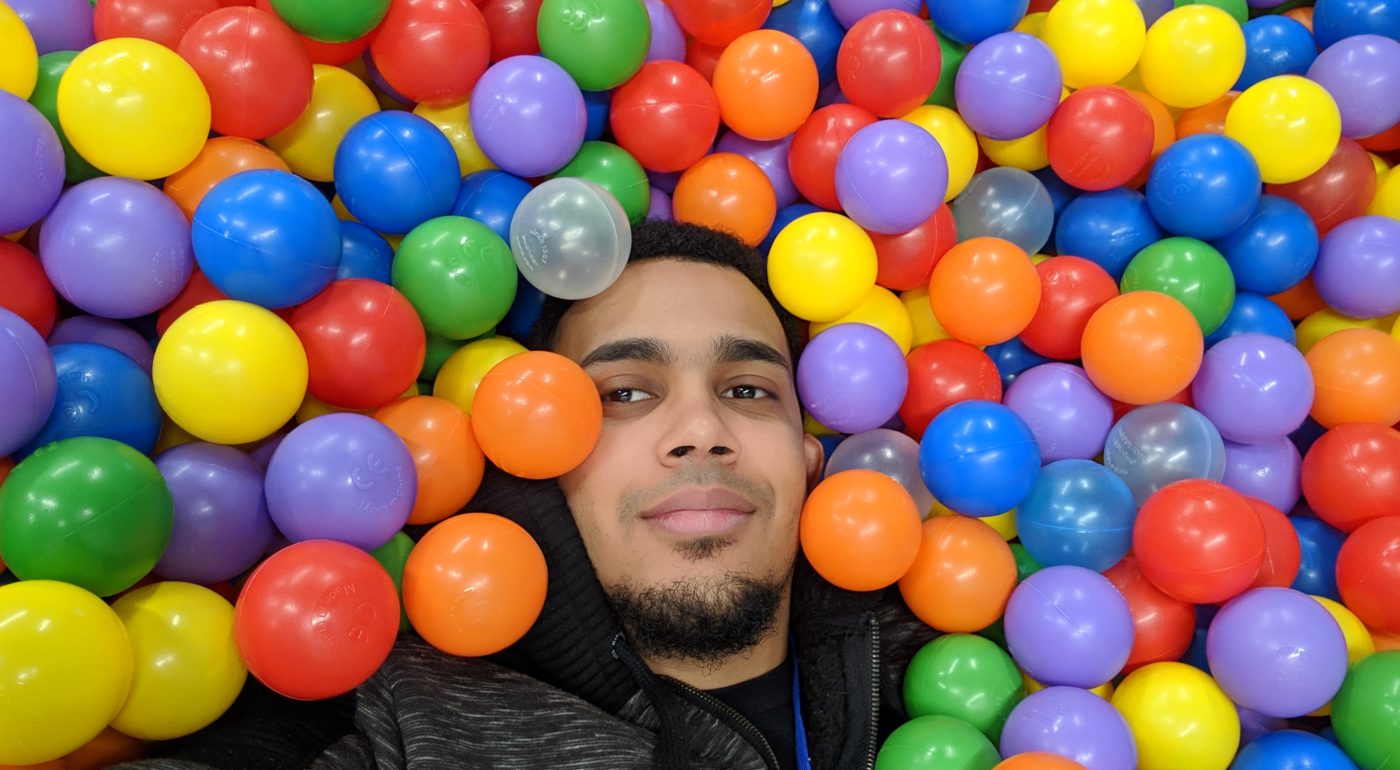Years before he joined the team, Arturo Mejia read about Mozilla’s quest to build a better internet—and dreamed of being a part of it. And he knew that would likely mean changing not only jobs, but countries. Below, Arturo reflects on his journey from the Dominican Republic to Canada, explains how he works with fellow Mozillians and users, and shares what he’s looking forward to—both for Mozilla’s Firefox for Android app, and in his own career.
What’s your role on the team?
I’m a senior Android engineer—I help create the libraries that are used in the Firefox for Android app. My job is different every day; sometimes I’m fixing bugs, sometimes I’m working on security, and sometimes I’m making performance improvements. The team does follow a road map that our product managers develop, but because Mozilla is open source, we also get a lot of feedback from users that helps us weigh and prioritize different projects. We try to focus on whatever will help our users most.
Tell us about your path to Mozilla.
It was a long journey! I’m originally from the Dominican Republic, and that’s where I started my career. I studied software engineering in college and had always been especially interested in browsers. After school, I spent about six years working as a developer for the government. It was fine, but I dreamed of joining a big company where I could make more of an impact, and I knew I’d likely have to move for an opportunity like that.
So my wife and I started looking at what it would take to immigrate to different places, and we settled on Canada—even though there are a lot of prerequisites. You have to have a high proficiency in English or French, and the exams are not only difficult but also pricey. Then, even if you’re approved, you have to have enough savings for a long period of time after you arrive. My wife was teaching English, but I needed a lot of practice, plus we had to gather all of our documents. It took about a year and a half before we had everything in order.
Even then, things didn’t go well at first. I took the language test and failed. I took it again, but I only got the minimum score. Then I made it as far as an in-person interview with one company, but I didn’t get the job. Not long after that, the government of Ontario invited us to apply to immigrate even though I hadn’t scored highly on the test—because they needed programmers—and we were accepted.
When we moved to Toronto, we’d never even been here before, and my wife had to get her teaching license before she could work. So neither of us had a job yet, and our first couple of months were nerve-wracking. Then Mozilla reached out. I’d applied for a senior engineering role, like the one I have now, and they asked if I would be interested in a lower-level position with the potential to grow. I really liked the company; I knew I’d be able to have the kind of impact I wanted, to really help a lot of people. And I’d seen how Mozilla was competing with much larger companies by operating in a different way—focusing on protecting its users, rather than mining their information to make money. I accepted right away.

Arturo enjoying Mozilla’s headquarters.
How do you collaborate at Mozilla?
Within the Engineering team, we try to strike a balance between giving people the opportunity to gain expertise and giving ownership to the people who already have that experience. On a big project that touches a lot of the architecture and infrastructure, it’s impossible for one person to understand every aspect—there will always be areas some people know really well. And we do honor that, but we also really make an effort to bring other people along.
Beyond our team, we interact a lot with product managers, who are gathering input from users across a lot of different outlets, including Reddit and Twitter, to help us plan. We work with designers to put everything together, too, as well as our UI/UX, Quality Assurance, and Data Science teams. Collaborating across the company has taught me how to see things from multiple perspectives and how to communicate better. As an engineer, you may look at a project one way, but everyone has a different point of view. If you can translate what you’re thinking to each other, it helps make sure everyone is getting the right messages.
And our team also collaborates with people outside of Mozilla. What’s amazing about being open source is that people are testing the app night and day. We get constant feedback on how we can improve—and even how to prioritize our work, because people can see what we’re working on during any given week. Sometimes, they’ll even fix issues themselves. Getting that direct feedback, seeing exactly how we’re helping people and how happy they are with our work, is the most rewarding part of my job.
What’s challenging about your work?
Software developers live in a world of constant change. The technologies we use are definitely part of that—something you created years ago, or in school, won’t just exist forever without updates or improvements. We get a lot of support from Mozilla, though. The company reimburses us for classes and materials we need, and our team is good about publishing and updating documentation. We also have the flexibility to learn in the ways that are best for us. Personally, I try to spend part of every day reading up on something new.
Mozilla has gone through some change on the organizational level recently, too, and that’s always really tough. But I think part of the difficulty is really just fear of the unknown. If you accept that change is the norm, that makes it easier to realize that there are opportunities to learn and evolve from even the hardest challenges.
What are you looking forward to right now?
We recently migrated to a brand-new Firefox for Android app that we created from scratch, and I’m looking forward to building on that—boosting performance, adding new features. We’re expanding our add-on support right now, which is a huge project, and improving integrations with VPNs and other privacy apps. It’s really just about continuing to do what Mozilla does best, which is protect our users.
On a personal level, I’m looking forward to continuing to learn, whatever that means next. Whenever I’ve been in my comfort zone for too long, it’s like there’s a voice in my head telling me I need to change. I think we often tune that voice out or wait too long to listen, because we’re afraid to take a risk—I waited a long time to come to Canada and Mozilla, for example. But once you make the leap, you realize failure and mistakes are nothing to be afraid of. They’re how we grow. So I’m looking forward to continuing that—and hopefully, helping others grow, too.
***
Interested in working with Arturo and the rest of the Mozilla team? Check out our open roles.
